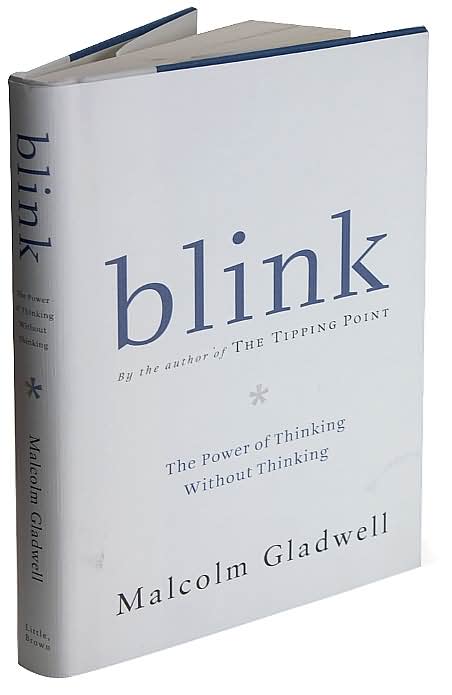March 30, 2005
3/30 - The Truth About the Greenpeace Stunt (and why we need what Greenpeace does)
So here's the straight scoop. Some of the Greenpeace folks contacted me a month ago about this most excellent fake menu stunt they had planned for the NOAA dinner last week, curious about my opinion of how it would play. I thought it sounded very well thought out and inspired. Not perfect, but ... well, listen folks, everyone needs to go read Malcolm Gladwell's new book, "Blink," to understand why we need more of what Greenpeace has traditionally provided. So I recommended to "go for it."
They went for it. They did it with a light-hearted tone, MOST everyone got a kick out of it and didn't take it to be an "educational" event, but rather a little piece of agitprop theater. Personally, I think it would have been one thing if they had come in and thrown blood on the tables of the NOAA administrators, BUT THEY DIDN'T. All they did was hand out funny fake menus.
I've been communicating with the Greenpeace folks this week to hear the feedback and it has almost all been fine. In fact, here is what one NOAA official wrote to them: "I was at the dinner last week! Hilarious stunt! Very funny, and unexpected. Brought a lot of levity to an otherwise serious meeting. Thank you!"
But as you could see from the Coos Bay World article, some people felt it was "unprofessional" (sheesh). So for those who have a problem with such an activity, here is a very gracious and detailed explanation of the event from one of the Greenpeace organizers:
Our purpose with the "menu of what's missing" was to provoke discussion and hopefully inject a little humor into a conference that had a tendency to get bogged down in struggles over the difference between guidance and guidelines. The menu was intended to be a shot across the bow, not a position paper, and deliberately raised as many questions as it answered.
The Coos Bay World article brings up a good point, in picking up on the classifications of "overfished" and "experiencing overfishing." We said that "due to years of overfishing, we probably won't be serving up Pacific Ocean perch, Tanner crab, Greenland turbot or rougheye rockfish," and Susan Chambers was correct to point out that neither NOAA nor the North Pacific Council has classified perch, turbot, or rougheye rockfish as overfished. Greenland turbot stocks have declined by more than 80% since 1972, however, and, as reported in the Cascadia Times, have dropped by more than half since 1990. Similarly, rougheye rockfish populations have dropped over 60% in the last 25 years.
The fact is that politics and conflicts of interest impact nearly every aspect of fishery management in the US, from the direction Councils provide to the Science and Statistical Committees to the makeup of the Councils and the management decisions they make - and how stocks are classified is no exception.
If we have to wait for the Councils or NOAA to classify fish stocks as overfished or experiencing overfishing before we can start talking about the need to do a better job of sustainably managing our marine resources, we're going to be in a lot of trouble.
![]()
And let me add one more comment in defense of Greenpeace. Last year I heard from a scientist with one of the world's largest environmental organizations who said, "If it wasn't for the occasionally radical actions of Greenpeace, we wouldn't be able to accomplish half of what we have in our struggles against long-lining."
And in a similar vein, I heard from one ocean conservationist yesterday who was at the NOAA banquet who said his discussions with the NOAA administrators about overfishing were strengthened by the fake menu stunt as it made him seem more rational by comparison.
Once again, this is why conservation groups need to collaborate and let certain groups do what they do best and appreciate them for what they are good at. And when it comes to attention grabbing stunts, Greenpeace has a long history of being the best.

What my acting teachers screamed at me in all my acting classes: "You're too caught up in your head, you think too much!" This is what Malcolm Gladwell would probably say to most environmentalists today.